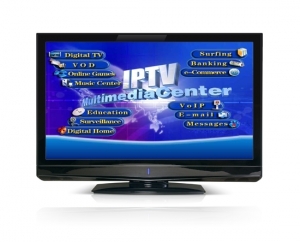
Fuelled by predictions of exponential growth in the delivery of real-time and on-demand television services over telecoms networks and the internet and the availability of multiplay packages, television is one of the most exciting topics in telecommunications at present. Internet Television & IPTV training course explores the business models and technologies that underpin Internet Television and IPTV services and explains the options for network operators to deliver services to customers.
The course introduces the concept of Internet and IPTV services and examines service offerings to analyse the business models being employed in this emerging market segment. The technology choices for the delivery of television are also examined to explain the features and capabilities that can be supported and to allow a comparison with other forms of entertainment service delivery.
At the end of the course, the delegate will be able to:
• Differentiate between Internet television and IPTV and identify examples of each.
• Describe the business models which are being applied to Internet and IPTV services, including hybrid service models.
• Identify the main network requirements and components.
• Identify the market trends in relation to Internet and IPTV services.
• Contrast wireless and wireline access technologies and identify the access requirements for multimedia services.
• List the main technologies which are being used to deliver digital television and contrast the features of these systems.
• Describe the functions of features of Set Top Boxes (STBs).
• List the protocols and signal formats which are deployed in connected television services and describe the main features of each.
• Describe the requirements of the billing, OSS and BSS platforms.
• List the security threats related to IP networks and describe the techniques that may be used to mitigate these and protect content.





